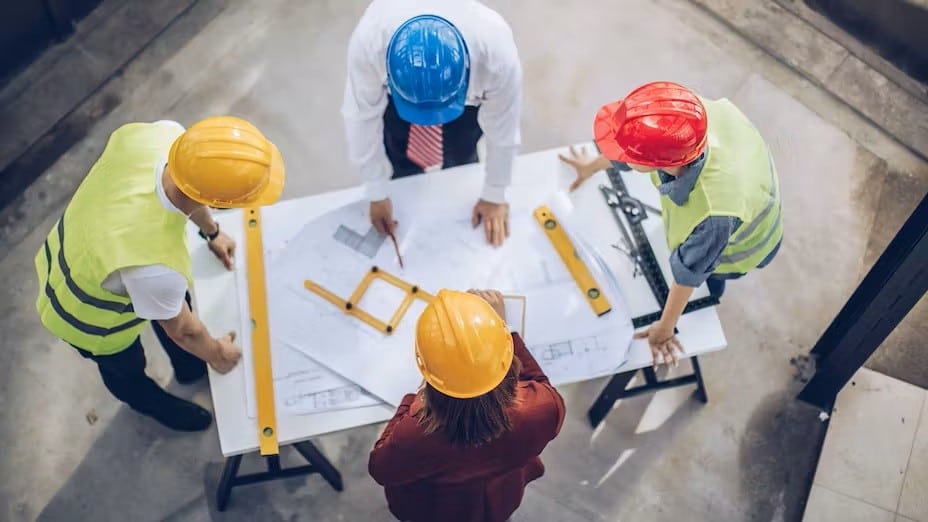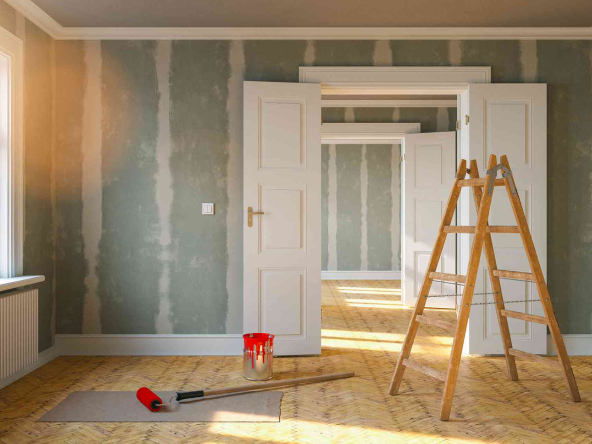Ensuring Compliance with Building Codes in Renovations
Renovating your home can be an exciting venture, promising a refreshed and revitalized living space. However, amid the enthusiasm for a home transformation, it’s essential not to overlook the critical aspect of ensuring compliance with building codes. Adhering to these codes is not just a legal requirement; it also guarantees the safety, durability, and overall quality of your renovation project. In this guide, we’ll explore the key considerations to ensure your renovations meet the necessary building codes.
Understanding Local Building Codes
H1: Researching Local Regulations
Before diving into your renovation project, take the time to research and understand the building codes specific to your locality. Building codes can vary significantly from one region to another, and staying informed is crucial to avoid costly mistakes. Local building departments or municipal offices are valuable resources for obtaining this information. Additionally, online resources and local building associations can provide insights into the specific codes applicable to your area.
H2: Engaging Professionals
Navigating building codes can be complex, and seeking professional assistance is highly recommended. Engage with architects, contractors, or consultants who are well-versed in local regulations. Their expertise can guide you through the intricacies of the building codes, ensuring your renovation plans align with legal requirements from the outset.
Obtaining Necessary Permits
H1: Identifying Required Permits
Most renovation projects require permits to ensure that they comply with building codes. These permits may include zoning permits, construction permits, and special permits for certain types of renovations. Identify the specific permits required for your project early in the planning phase to avoid delays and complications later on.
H2: Streamlining the Permit Application Process
Once you’ve identified the necessary permits, initiate the application process promptly. Work closely with your local building department to understand the documentation and information required for a smooth application. Keep in mind that the processing time for permits can vary, so factor this into your renovation timeline.
H3: Adhering to Permit Conditions
Upon receiving the necessary permits, it’s crucial to adhere to the specified conditions. Building codes may dictate specific materials, construction methods, or safety measures. Ensure that your renovation project aligns with these conditions to maintain compliance throughout the construction process.
Prioritizing Safety and Accessibility
H1: Ensuring Structural Integrity
Building codes prioritize structural integrity to guarantee the safety of occupants. When renovating, pay close attention to the structural elements of your home. Consult with structural engineers to assess the impact of your proposed changes and ensure that they meet the required safety standards.
H2: Addressing Accessibility Requirements
Building codes often include provisions for accessibility, ensuring that spaces are usable by individuals with disabilities. Consider incorporating accessible design features, such as ramps or widened doorways, to make your renovated space inclusive and compliant with these regulations.
Staying Up-to-Date with Code Changes
H1: Remaining Informed
Building codes are not static; they can be updated or revised periodically. Stay informed about any changes in the local building codes that may affect your renovation project. Regularly check with local authorities or subscribe to newsletters and updates from relevant building associations to stay abreast of code revisions.
H2: Consulting Professionals for Updates
Given the dynamic nature of building codes, consulting with professionals who stay informed about industry changes is essential. Architects, contractors, and consultants can provide valuable insights into any recent updates, ensuring that your renovation plans continue to align with the latest legal requirements.
Conclusion
Embarking on a renovation project is a rewarding endeavor, but it comes with the responsibility of ensuring compliance with building codes. Understanding local regulations, obtaining necessary permits, prioritizing safety and accessibility, and staying informed about code changes are crucial steps in achieving a seamless and legal transformation. By following these guidelines and working with experienced professionals, you can navigate the complexities of building codes and turn your renovation vision into a reality that stands the test of both style and safety.




